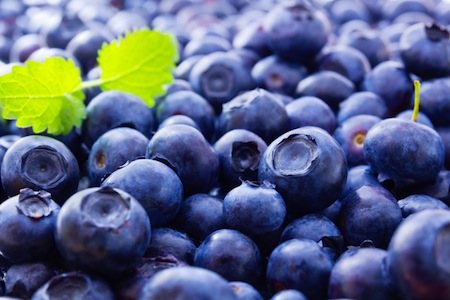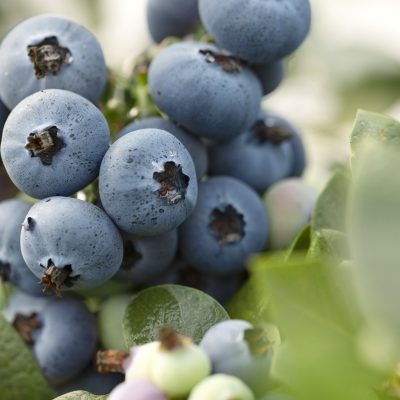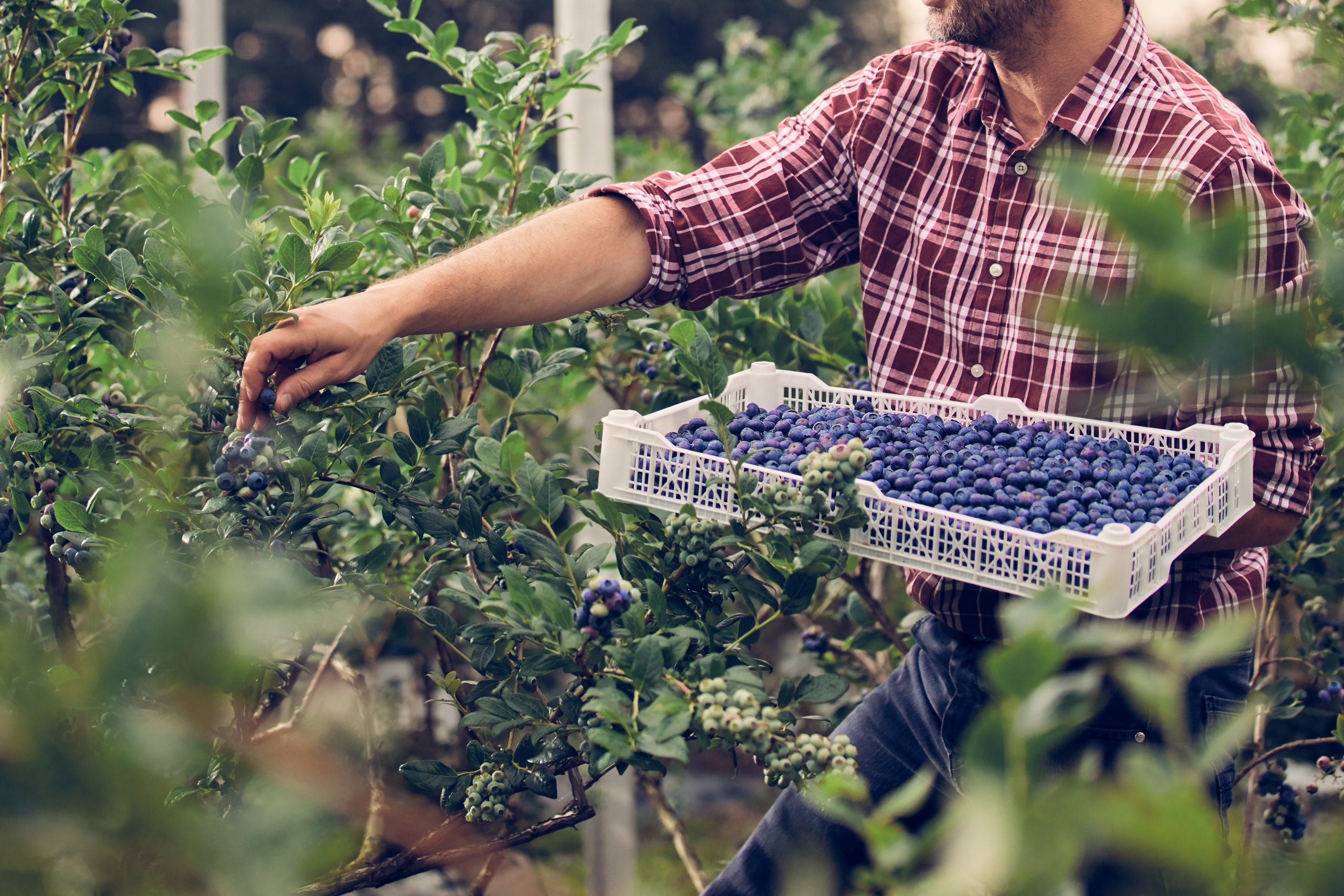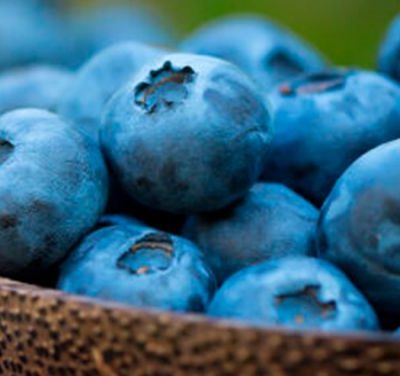Popularity of blueberries continues to expand
Blueberries continue to attract a strong following in the U.S.
They’ve shown the third-highest rate of growth in the fruit category, after raspberries and blackberries, Roland Fumasi, vice president and senior analyst for RaboResearch Food & Agribusiness, Fresno, Calif., said in a March presentation.
To be exact, blueberries had a 10.9% compounded annual growth rate in annual per capita consumption from 2006-08 to 2016-18, he said.
Watsonville-based California Giant Berry Farms expected to start its Oregon blueberry harvest June 15, with volumes ramping up during the last week of June and peaking in early July, said Kyla Oberman, director of marketing.
“Fruit sets are looking good, and it appears that most of our farms had a very good pollination this spring,” she said.
HBF International LLC, McMinnville, Ore., was sourcing blueberries out of California in early June and expected to transition to Oregon by mid-June, said CEO Doug Perkins.
He said he expected nice berry size and quality out of the Pacific Northwest.
“They’ve had some nice, pleasant weather the last few weeks,” he said in early June.
The company packs some especially large — or grande — size berries in 9.8-ounce clamshells for domestic and export sales, he said.
“People gravitate to large berries,” Perkins said.
They’re available seasonally from California and Oregon from April through September.
The blueberry harvest at Brooks, Ore.-based Sinn Farms and Cascade Fruit Growers, its packing operation, should be ramping up by June 22, said Troy Sinn, general manager.
“The crop looks like it’s going to be strong,” Sinn said in early June. “Quality looks great so far.”
The area was experiencing warm days and cool nights, which should result in excellent sizing, he said.
A severe hailstorm in the Salem area damaged a couple of neighboring fields, Sinn said, but he did not expect the bad weather to have a significant impact on overall volume out of Oregon.
There are plenty of blueberries available in Georgia, North Carolina and California, Luciano Fiszman, blueberry category manager for Los Angeles-based Gourmet Trading Co. said in early June.
“But there’s not an overrun of production.”
Oregon, Washington, British Columbia, Michigan and New Jersey also will have blueberries this summer, he said.
He said he expects to see big blueberry ads for the Fourth of July.
Rainier Fruit Co., Selah, Wash., ships organic blueberries exclusively, said Tyler Johnson, blueberry commodity manager.
This year’s program will kick off in mid-June, as usual, he said.
Johnson said he expects “great-quality” blueberries with good size from Rainier this season and about the same volume as last year.
Rainier expects to ship blueberries until September.
New Jersey growers expect a “nice crop” this season, despite come challenging weather, said grower Dennis Doyle, chairman of the Hammonton-based New Jersey Blueberry Industry Advisory Council.
Early spring was characterized by cold weather, and temperatures have been up and down since then, he said.
“We got through pollination season OK, and the fruit is sizing up nicely,” he said.
He expected New Jersey’s blueberry volume to be similar to last year.
Fiszman of Gourmet Trading Co. said he’s noticed a packaging trend developing in the blueberry category.
“People are procuring bigger packages,” he said.
Shoppers no longer limit their purchases to 6-ounce clamshells.
“They want to go to the store and take a clamshell that is going to last them for quite a few days,” Fiszman said.
The 18-ounce container started with Costco and then spread to competing big box stores, he said. Now it can be found just about everywhere.
“That’s the future for this business,” he said.
“We’re seeing more interest in those pack styles,” agreed Sinn of Sinn Farms.
The company is packing more blueberries in pint, 18-ounce, 24-ounce and 2-pound clamshells, he said.
19/06/2020





